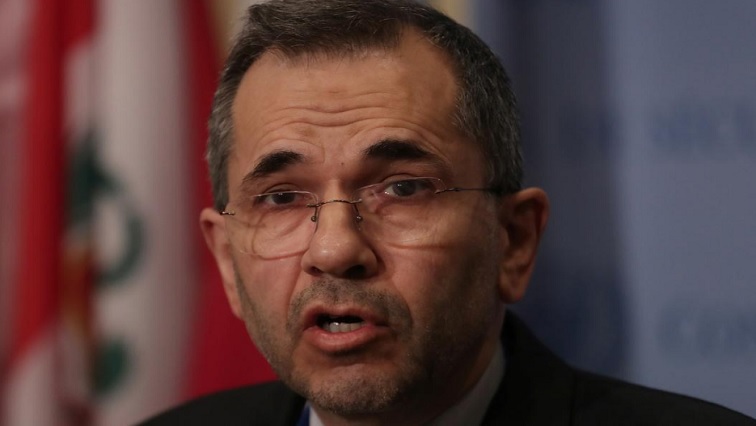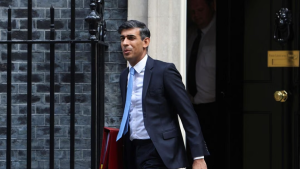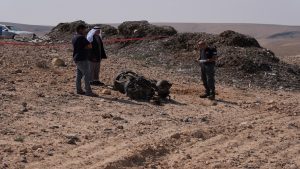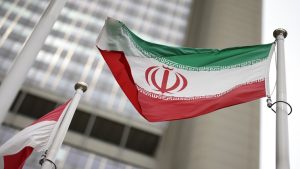Iran’s envoy to the United Nations (UN) has accused the United States of economic terrorism against his country and military adventurism in the Persian Gulf, during a meeting of the Security Council in New York.
The Council was meeting to review the implementation of its resolution passed in 2015, endorsing the Iran Nuclear Deal placing stringent measures on that country’s development of nuclear materials.
The UN Secretariat reported that the International Atomic Energy Agency has found that Iran continues to implement its nuclear related commitments but expressed regret that it has decided to suspend compliance with uranium enrichment limits due to the effects of Washington’s withdrawal from the deal.
There continues to be broad support for the Joint Comprehensive Plan of Action ( JCPOA) and for Iran’s compliance but some concern about Iran’s ballistic missile activities in the region that continue to be vented in the Council.
But Iran insists their missiles are not designed to deliver nuclear warheads and therefore outside of the purview of the JCPOA.
Several Council members, particularly EU states argued that their ballistic launches are a contravention of Council’s resolutions, despite their stated intent.
The United States last year withdrew from the deal and has piled on the economic pressure through tough sanctions prompting these words from Iran’s Ambassador Majid Takht Ravanchi.
“The US withdrawal from the JCPOA and re-imposition of its sanctions rendered the JCPOA almost fully ineffective, with respect to Iran’s benefits, which is of course a clear violation of the US commitments under the JCPOA and a breach of its obligations under resolution 2231. The US also brazenly continues threatening other States to either violate resolution 2231 or face punishment. This is irresponsible conduct by a Council’s permanent member, unprecedented in the history of this body, if a frontal assault on resolution 2231, violated the UN Charter and international and further erodes trust and confident in the Council.”
The deal and council resolution also subjects Iran to an arms embargo and other restrictions which the United States argues it has violated.
“We see the latest concrete examples of how Iran is destabilizing the region, by threatening international shipping and airspace, prolonging the violence in Yemen, and supporting the expansion of terrorist groups and proxies throughout the Middle East. These data points lead us to the conclusion that Iran continues to send weapons across the Middle East, in blatant violation of the Council’s resolutions,” says Acting US Ambassador Jonathan Cohen.
With Iran threatening to violate restrictions, EU countries were at work to keep Tehran compliant, warning that it would be a step backwards for the entire region.
Polish Ambassador Joanna Wroneka spoke on behalf of EU member states in the Council.
“We strongly urge Iran to continue to implement its commitments under JCPOA in full and to refrain from escalatory steps. France, Germany and the UK, with support of the EU and other Member States, are finalizing the operationalisation of INSTEX – a Special Purpose Vehicle to facilitate legitimate trade with Iran.”
South Africa joined Russia in expressing alarm at the growing tensions in the Persian Gulf. “We can see that there is now sufficient whipping up of the situation in the Persian Gulf which is jeopardizing peace and security in the region and also international efforts to resolve the conflict. The proof of Iran’s guilt that has been provided is not convincing for us, we’re very much getting the impression that a casus belli (Latin for justifying war) being put together, rhetoric about Iran’s link with Al Qaeda and the sabotage of tankers which Iran should have less interest in that anyone else, is reminiscent of March 2003, when arguments were fabricated to justify the invasion in Iraq,” says Moscow’s envoy Vassily Nebenzia.
Iran has given European nations until 8 July to shield Tehran from US sanctions or go through with a threat to enrich uranium to levels above the limits imposed by the deal.






